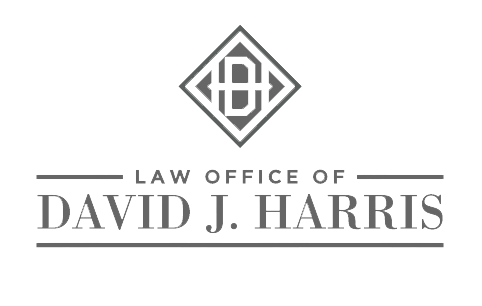Ideally, a debtor who contemplates filing a bankruptcy case to discharge debts strives to do so under chapter 7 of the Bankruptcy Code because a chapter 7 case is of shorter duration and is less costly than a chapter 11, 12 or 13 case filing. However, a debtor typically considers filing under chapter 7 if he or she: (A) will not lose property that he or she desires to keep; and (B) has household gross income that is less than the published median for the debtor’s state of residence.
By contrast, a debtor may file under chapter 13 for any of the following reasons:
1. The debtor has non-exempt equity in assets. Simply stated, this occurs when the value each of the debtor’s assets or value of an asset group exceeds the encumbrances on the asset or asset group and the allowed exemptions afforded by the Bankruptcy Code for each asset or asset group. If a debtor will lose property that he or she desires to keep, he or she will file a petition to institute a chapter 13 case and pay an amount equal to the non-exempt equity of his or her assets in a chapter 13 case over a period of 36 to 60 months. This may result in unsecured creditors receiving anywhere from 1% to 100% of their allowed claims.
2. Even if a debtor has no non-exempt equity in assets, the debtor must file under chapter 13 if his household gross income exceeds the published median for the debtor’s state of residence. Nevertheless, even if the debtor is an “above median” debtor, he still may be able to file under chapter 7 if his “allowable ” monthly expenses offset his monthly gross income, leaving him with net disposable income of approximately $182.50 per month or less. (“Allowable” is defined by IRS standards.) If a debtor is compelled to file a petition to institute a chapter 13 case as a result of being an “above median” debtor with $182.50 or more of monthly disposable income, then he or she must pay that monthly excess into a 60-month chapter 13 plan. This may result in unsecured creditors receiving anywhere from 1% to 100% of their allowed claims.
3. A debtor may consider filing a chapter 13 case if he or she desires to keep his or her home but has incurred a mortgage arrearage or is subject to a mortgage foreclosure action. A chapter 13 filing is a common way to enable a debtor to “cure” or bring current a mortgage arrearage by making payments to a chapter 13 trustee over a period of 36 to 60 months while maintaining monthly mortgage payments directly to the mortgage company. This is known as a “cure and maintain” plan, where the trustee will distribute funds toward the arrearage each month.
4. A debtor may consider filing a chapter 13 case to cure non-dischargeable unsecured debts over a 5-year period (i.e., 60 months) while stopping the running of interest.
5. A debtor may also consider filing a chapter 13 case simply to keep creditors at bay until a sale of assets at fair value is consummated.
6. A debtor may consider filing a chapter 13 case to eliminate or modify a mortgage or other secured debt if certain conditions are met.
7. A debtor may consider filing a chapter 13 case where the debtor desires to control his or her assets and avoid administration or scrutiny by a trustee.
8. A debtor may consider filing a chapter 13 case where the debtor has potential claims for lender liability, or collection, creditor reporting or other violations, where the debtor believes that the bankruptcy court will be a better forum to hear such claims.
9. A debtor may consider filing a chapter 13 case to altruistically pay back some or all of his or her debt.
Please call me to discuss your situation at (570) 823-9400 or send an e-mail to me at dh@lawofficeofdavidharris.com. You may also write to me at 69 Public Square, Suite 700, Wilkes-Barre, PA 18701.

